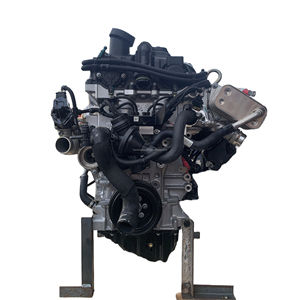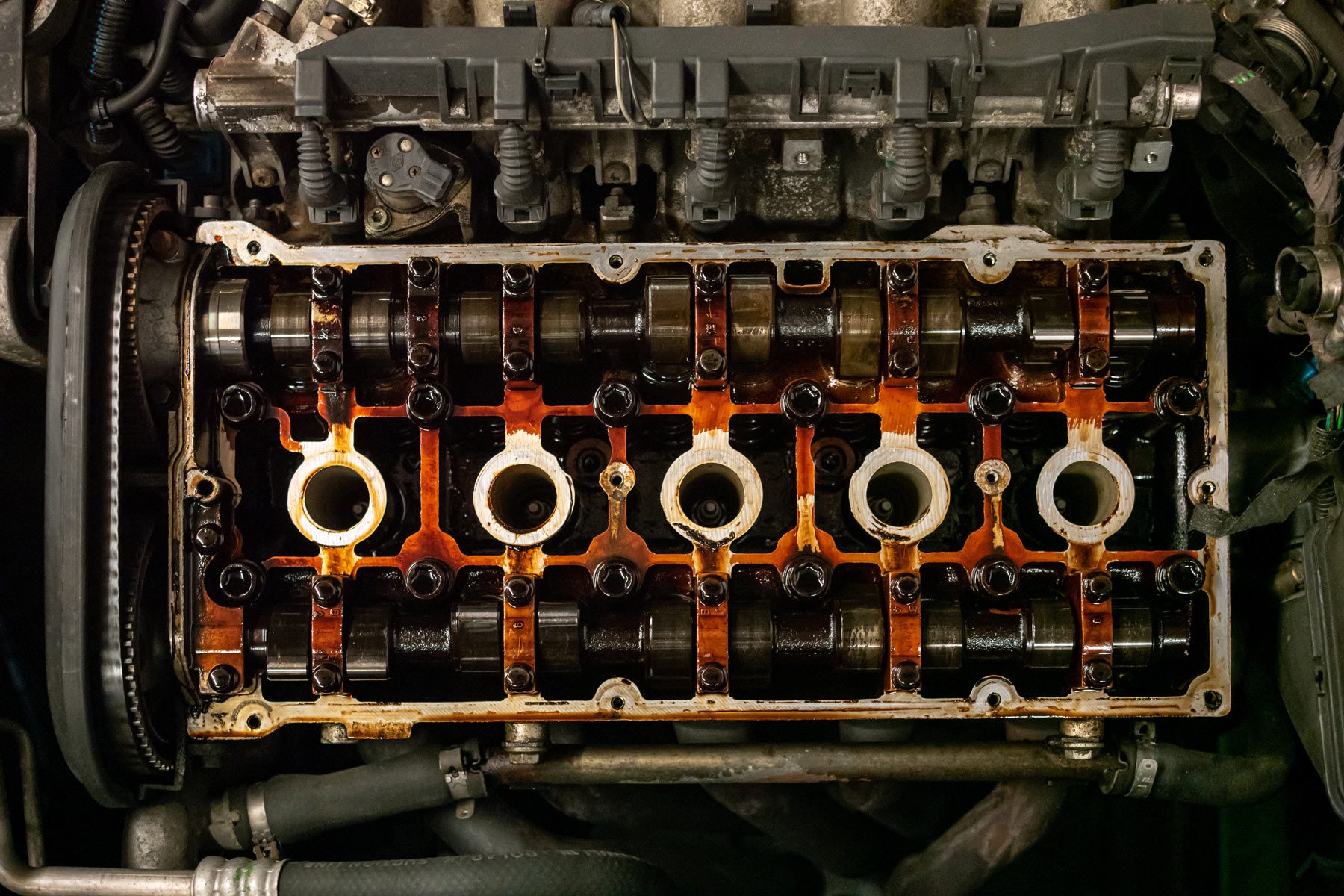Enhancing Your Car's Performance with Import Engines
Enhancing Your Car's Performance with Import Engines
Blog Article
Discovering the Latest Technical Advancements in Import Engines and Exactly How They Enhance Driving Experience
In the world of auto engineering, the landscape of import engines is going through an extensive improvement driven by cutting-edge technical innovations. From the evolution of turbocharged engines to the integration of hybrid technology, the most up to date developments are transforming the driving experience in ways formerly unthinkable. As import makers push the limits of efficiency and effectiveness via enhanced gas injection systems and innovative engine administration solutions, the question arises: Just how do these innovations absolutely affect the method we interact with our vehicles when driving?

Development of Turbocharged Engines
In the automobile industry, the evolution of turbocharged engines has significantly transformed the landscape of efficiency and effectiveness. Turbocharging, when mainly seen in high-performance sports vehicles, has currently come to be a mainstream innovation embraced by a wide variety of lorries, from small hatchbacks to luxury cars. The essential principle behind a turbocharged engine is simple yet reliable - forcibly more air right into the combustion chamber, it enables more gas to be shed, resulting in raised power outcome.
Among the crucial advantages of turbocharged engines is their capacity to provide even more power from smaller sized, a lot more fuel-efficient engines. This downsizing fad has led to a decrease in emissions without endangering performance, making turbocharging an eye-catching choice for car manufacturers aiming to meet rigorous environmental laws. Turbocharged engines offer improved torque at reduced RPMs, offering vehicle drivers with a more dynamic and responsive driving experience.
As modern technology continues to development, we can expect more developments in turbocharging, causing also greater levels of efficiency and performance in the automobile market.
Innovations in Fuel Injection Equipments
Modern gas injection systems have developed to deliver fuel more efficiently and specifically right into the engine cyndrical tubes, enhancing total engine efficiency and gas effectiveness. One of the crucial advancements in fuel injection systems is the change from typical port gas injection (PFI) to more advanced direct fuel shot (DFI) innovation.
In addition, the combination of digital control units (ECUs) and sensing units in gas injection systems has actually allowed for real-time modifications to sustain delivery based on different variables such as engine load, temperature level, and driving conditions. In addition, advancements in gas injector design, materials, and spray patterns have added to cleaner combustion and smoother engine procedure.
Integration of Crossbreed Modern Technology
The development of gas shot systems towards higher performance and efficiency has established the phase for the seamless combination of hybrid innovation right into modern-day engines. Hybrid technology integrates using traditional internal combustion engines with electrical propulsion systems, offering improved fuel effectiveness and minimized exhausts. By incorporating electrical motors and batteries right into the powertrain, hybrid engines can supplement the internal combustion engine during velocity or low-speed driving, therefore enhancing overall performance.

Improved Engine Management Equipment
What are the key advancements in engine monitoring systems that are improving the performance and efficiency of modern-day engines? Engine administration systems have undergone substantial improvements to optimize engine efficiency and effectiveness.
In addition, contemporary engine management systems make use go to website of advanced algorithms and expert system to evaluate the information gathered by sensors and make vibrant adjustments to variables such as ignition timing, fuel shot, and turbocharger increase pressure. This degree of precision and flexibility cause improved engine responsiveness, boosted Website power output, and lowered fuel intake.
Furthermore, engine monitoring systems now include advanced diagnostic abilities that can spot and resolve issues such as misfires, sensing unit malfunctions, and gas system abnormalities in real-time, thus boosting overall engine integrity and longevity. These improvements in engine monitoring systems play a crucial function in boosting the driving experience by delivering ideal efficiency, fuel effectiveness, and integrity.
Impact of Lightweight Materials
Including lightweight materials in engine production has actually transformed the auto industry's technique to boosting fuel efficiency and efficiency. The usage of products such as carbon titanium, aluminum, and fiber has considerably lowered the overall weight of engines, resulting in enhanced power-to-weight proportions and raised gas economy. These lightweight materials provide a higher strength-to-weight proportion contrasted to conventional materials like steel, enabling for better durability without jeopardizing performance.
One of the essential benefits of utilizing lightweight materials in engine building is the reduction of inertia, leading to quicker engine reaction times and improved general car agility. Furthermore, the lighter weight adds to reduce energy usage, making cars much more environmentally friendly by reducing emissions.
In addition, the execution of light-weight products in engine elements such as pistons, connecting rods, here are the findings and crankshafts has made it possible for designers to press the limits of performance without giving up integrity (import engines). This advancement has led the way for extra efficient and effective engines that supply a remarkable driving experience while satisfying strict exhausts criteria
Final Thought
Finally, the most up to date technical developments in import engines have substantially improved the driving experience. From the evolution of turbocharged engines to improvements in fuel shot systems, assimilation of hybrid modern technology, improved engine management systems, and making use of lightweight products, these advancements have jointly improved efficiency, fuel effectiveness, and overall driving characteristics. As technology continues to advancement, we can anticipate even a lot more interesting developments in the future of import engines.
Modern gas shot systems have actually developed to provide fuel much more successfully and exactly right into the engine cylinders, enhancing overall engine performance and gas efficiency - import engines. By integrating electrical motors and batteries right into the powertrain, hybrid engines can supplement the interior burning engine during acceleration or low-speed driving, thus boosting overall performance
What are the crucial advancements in engine administration systems that are improving the efficiency and efficiency of contemporary engines? Engine administration systems have actually undergone significant improvements to maximize engine performance and efficiency. From the evolution of turbocharged engines to advancements in gas shot systems, assimilation of hybrid innovation, boosted engine monitoring systems, and the usage of light-weight materials, these innovations have collectively enhanced efficiency, gas effectiveness, and total driving characteristics.
Report this page